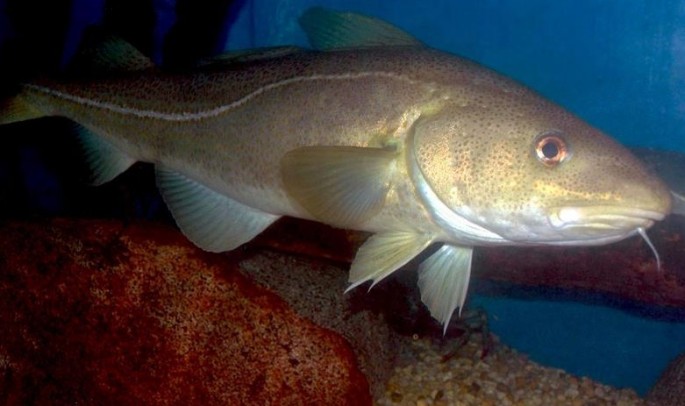New findings reveal an intense warming in the Gulf of Maine located in east United States where water temperatures are becoming too warm for cod to thrive, reducing fish numbers being caught.
This new study reveals how the Gulf of Maine is warming faster than ever before, exactly 99 percent faster compared to the world's oceans, in the last 10 years. Scientists say that this phenomenon is triggered by the shifting Atlantic Gulf Stream as changes coming from the Pacific ocean are also influencing this along with climate change.
Scientists are now suggesting how changing water temperatures all over the world are significantly affecting the global fish market based on historical data of catches.
According to lead author of the study Andrew Pershing from the Gulf of Maine Research Institute, traditional data reveal a consistent overestimate of cod abundance. He says that these rapid changes were too fast to recognize and to react to what is actually happening now in the water.
Managers of fisheries are now cutting cod quotas in recent years however, cod numbers keep falling as faster warming waters are now making it difficult for fish to survive in the Gulf of Maine. Temperatures have risen by more than .23 degrees Fahrenheit for every year beginning 2004, that was heightened during an ocean heat wave spanning 2012 to 2013 in the northwest Atlantic region.
In 2013, commercial cod landings dropped to 1,000 tons in the Gulf of Maine that plummeted from a recent high of 6,000 in 2009, according to the U.S. Department of Commerce.
Last year, a United Nations report revealed how global warming was forcing many fish populations toward the polar regions as cod are now thriving in cooler waters in Canada, Norway and even Greenland.
According to co-author of the study, Katherine Mills of the Gulf of Maine Research Institute, this is a wake up call for the Gulf of Maine cod to call for immediate cooperation and action between climate scientists and fisheries management.
Mills also adds how cod catches are most unlikely to recover from these levels as experts predict how a recovery scenario will just increase numbers by 5,000 tons in the 2030s or to just 1,800 tons during continuing warming waters. This new study is published in the journal, Science.






















